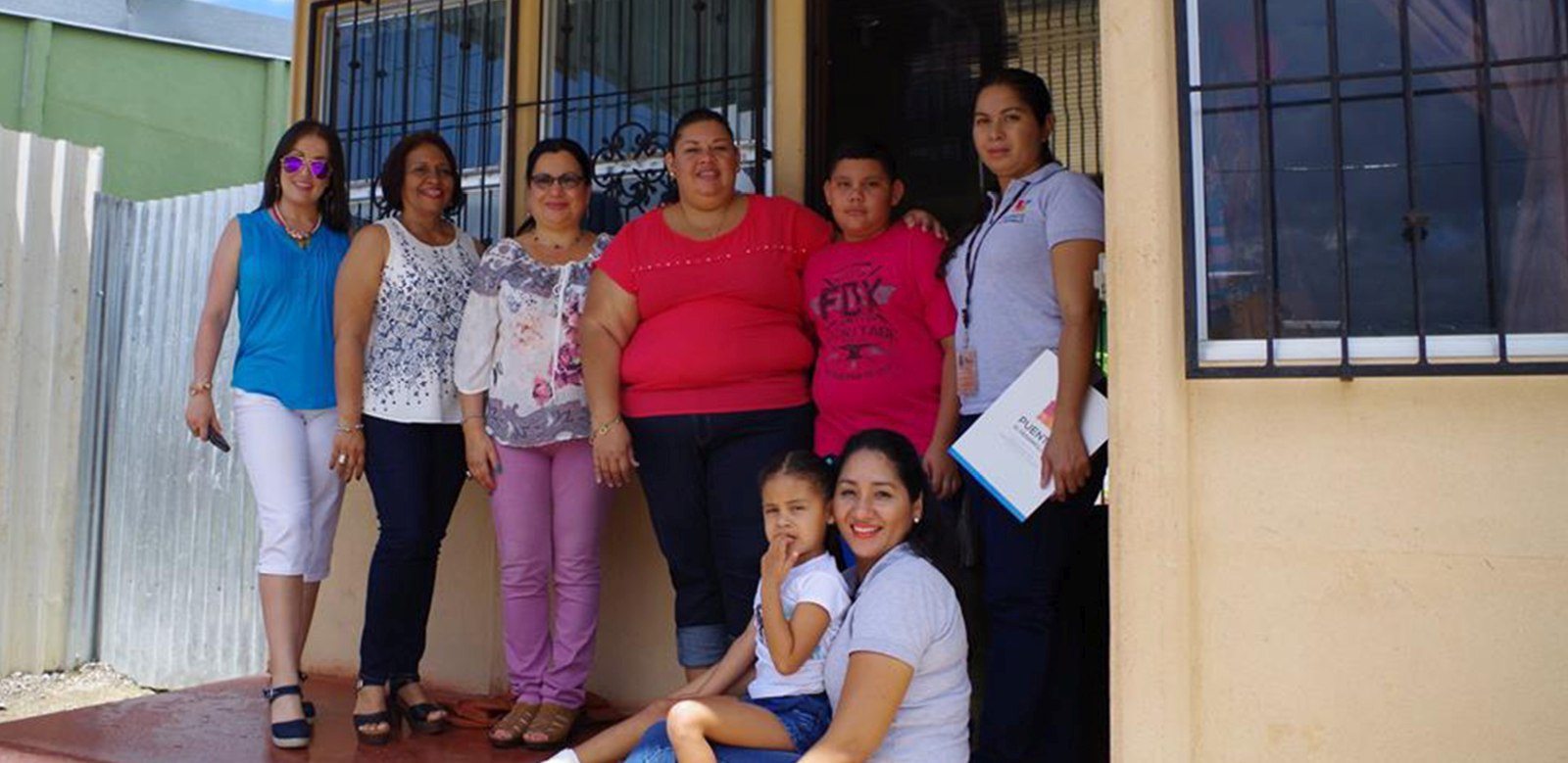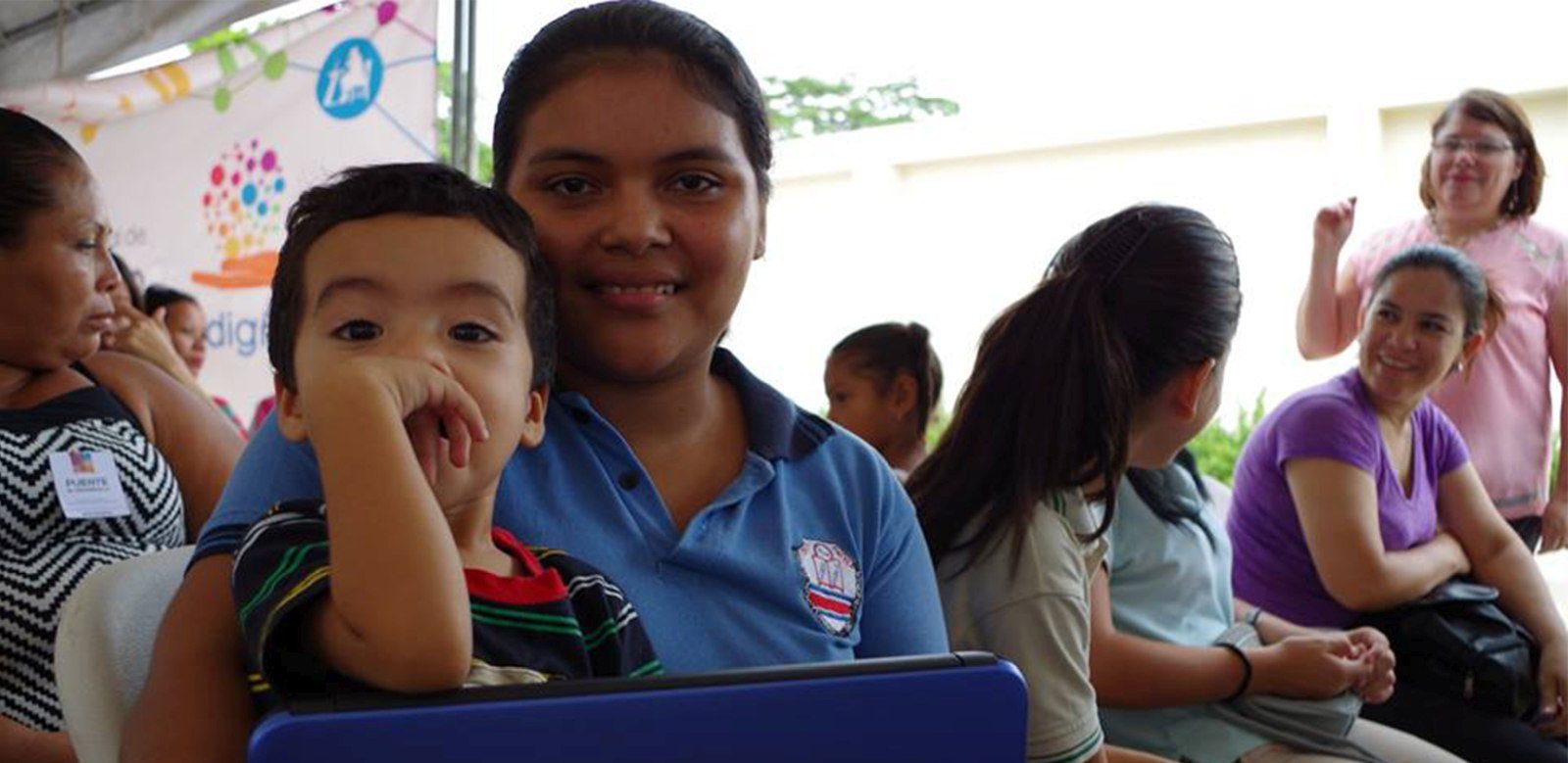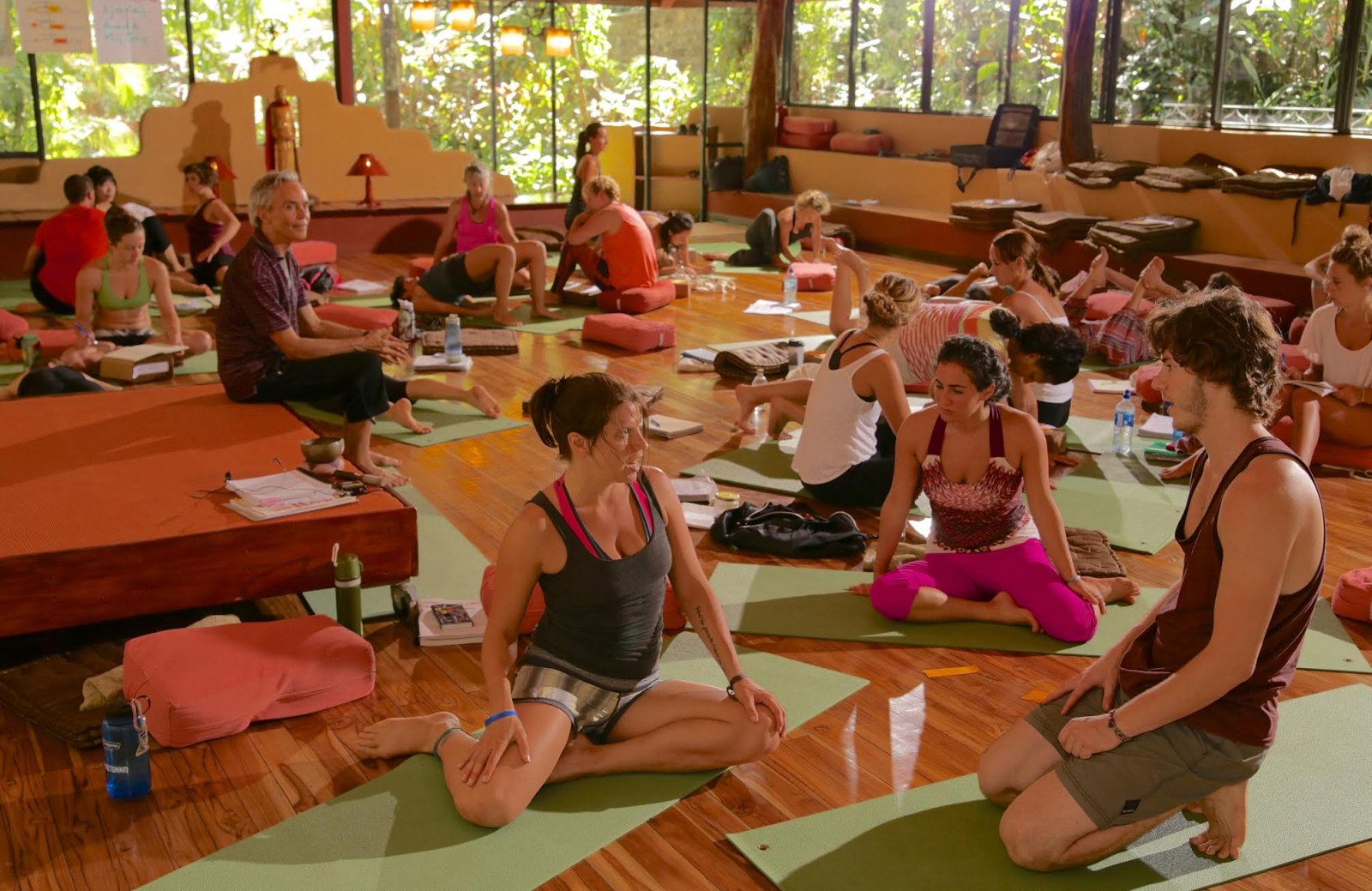
The Mixed Institute for Social Aid (IMAS) this year spent more than ¢10 billion in social investment in the Chorotega region with programs targeting people in extreme poverty.
According to data from the National Statistics and Census Institute’s National Household Survey, rural areas have significantly reduced poverty in the past two years, with poverty rates dropping from 30.3 percent to 25.7 percent. Poverty in Guanacaste dropped by 9.6 percent, making it the region with the greatest advancement in the fight against poverty.
In education, IMAS invested more than ¢4 billion to help reintegrate and keep secondary students in school. Today, 13,612 families receive support from the Avancemos (Let’s Move Forward) program.
More than ¢300 million was spent on developing skills and leadership with a focus on the rights of 692 families. In addition, 228 families had the opportunity to receive technical and micro-business training to facilitate access to jobs and entrepreneurship, with a social investment of more than ¢64 million.
In productive entrepreneurships, 231 families received financing to create, strengthen and commercialize agricultural and industrial activities, as well as produce goods and services, among others. The institute spent about ¢194 million on improving these families’ socioeconomic situation.
Regarding access to technology, 2,017 families now have access to equipment and a fixed Internet connection with the program Hogares Conectados (Connected Homes).
For childcare and development, the institute invested approximately ¢2 billion to help 2,053 families. Through the Bridge to Development National Strategy, 3,254 families from eight districts benefited, with IMAS executing a budget of ¢3 billion through its various programs.
“IMAS is a space that is free of discrimination where we work to lift people out of poverty in a dignified manner, for all people and social groups, by keeping thousands of students in high school, providing childcare, development, training, formation, entrepreneurship and access to technology and information,” said Emilio Arias Rodríguez, minister of human development and social inclusion and executive president of IMAS.







Comments